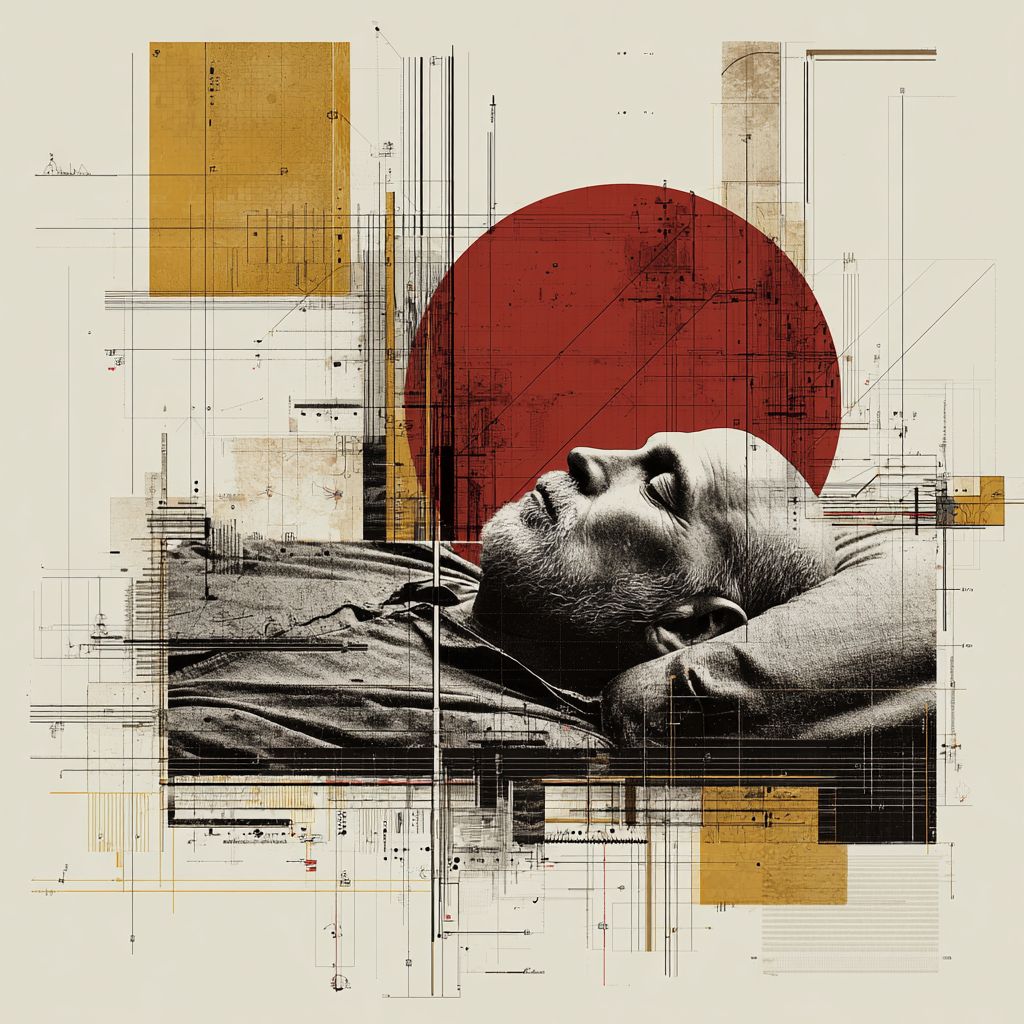When Sleep Eludes You
Difficulty falling or staying asleep affects millions of people, leaving them exhausted, irritable, and unable to fully function during the day. Chronic insomnia can impact focus, mood, immunity, and overall quality of life. Sleepless nights often create a vicious cycle: stress, anxiety, or overthinking worsens sleep, which in turn increases fatigue and tension, further disrupting rest.
TCM’s Holistic Perspective on Sleep
In Traditional Chinese Medicine (TCM), sleep is deeply connected to the balance of Yin and Yang, the heart, liver, and kidney energies, and the smooth flow of Qi and Blood. Insomnia often arises from patterns such as:
Heart and Shen Disharmony: The Heart houses the Shen (mind/spirit). Emotional stress, anxiety, or overthinking can disturb the Shen, leading to difficulty falling asleep or restless sleep with vivid dreams.
Liver Qi Stagnation or Liver Fire: Emotional tension or anger can create rising heat in the Liver meridian, causing early waking, irritability, or headaches that interrupt sleep.
Kidney Yin Deficiency: Chronic fatigue, night sweats, or hot flashes may indicate depleted Yin energy, leaving Yang unanchored and the mind restless at night.
Spleen Qi Deficiency: Overthinking, poor digestion, or worry can weaken the Spleen, leading to difficulty falling asleep or feeling unrefreshed in the morning.
TCM treatment targets both the root cause of insomnia and the immediate symptoms, helping patients regain restorative, uninterrupted sleep.
How Acupuncture Supports Sleep
Acupuncture provides a gentle, holistic way to calm the mind, balance the body, and restore natural sleep rhythms. Key benefits include:
Calming the Shen (Mind/Spirit): Acupuncture points on the Heart, Pericardium, and Ancestral meridians soothe anxiety, racing thoughts, and mental restlessness.
Balancing Yin and Yang: Strengthens Kidney Yin or Heart Yin to anchor Yang, reducing night-time heat, restlessness, and wakefulness.
Reducing Liver Fire and Qi Stagnation: Relieves tension, irritability, and emotional agitation that interrupt sleep.
Improving Circulation of Qi and Blood: Promotes relaxation, relieves tension, and supports the body’s natural restorative processes.
Supporting Hormonal and Nervous System Balance: Acupuncture can help regulate melatonin, cortisol, and autonomic nervous system activity, fostering deeper, more restorative sleep.
Patients often experience faster sleep onset, fewer nighttime awakenings, improved sleep quality, and increased daytime energy.
Integrating TCM Therapies for Insomnia
Acupuncture is most effective when combined with other TCM practices, such as:
Herbal formulas to nourish Heart and Kidney Yin, calm the Shen, or clear excess heat
Tui na and acupressure to relieve tension in the neck, shoulders, and back
Moxibustion to warm Yang-deficient bodies and promote relaxation
Qi gong and gentle meditation to calm the mind before bedtime
Dietary and lifestyle guidance: limiting stimulants, creating sleep routines, and incorporating calming foods
By addressing both the body and mind, TCM provides a comprehensive path to restful, restorative sleep, helping patients reclaim their nights and restore daytime vitality.


